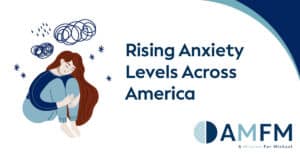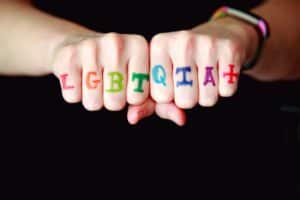The word “depression” or “depressed” has lost a lot of its weight in mainstream media over the last few years. Instead of being a word used to describe mental illness, it’s been substituted as a synonym for sadness. This casual narrative has made it more and more difficult for individuals to recognize signs of depression in themselves. If you suspect you may be depressed, here are a few ways to help you recognize it in yourself.
Behavioral
- Not going out anymore
- An inability to concentrate
- Withdrawing from your friends and family
- Not getting things done at work/school/neglecting household chores
- Relying on alcohol or other substances
- Not enjoying activities that you usually enjoy
You may not experience all of these things, and you may not experience them for extended periods of time. Depression doesn’t look the same for everyone, that’s important to remember.
Physical Symptoms
- Constant fatigue/being tired all the time
- Significant weight fluctuations, either loss or gain
- Lack of appetite or significant change to appetite
- Headaches and muscle pains
- Sleep problems
- Constant sickness
You will probably experience some physical symptoms of depression, as well as mental and behavioral symptoms. Your mental health has a huge effect on your physical health, which is a connection that a lot of people don’t notice.
Feelings
- sad
- miserable
- disappointed
- overwhelmed
- guilty
- indecisive
- unhappy
- frustrated
- irritable
- lack/loss of confidence
These feelings of sadness and inadequacy can be all-consuming and overwhelming, making it hard to focus on other things and function, completing your daily tasks. Even just showering and feeding yourself can become a struggle, which can intensify the feelings of guilt and worthlessness. The important thing to remember is that these feelings aren’t true representations of you and who you are.
If you recognize any of these symptoms in yourself, reach out to someone to help you.








